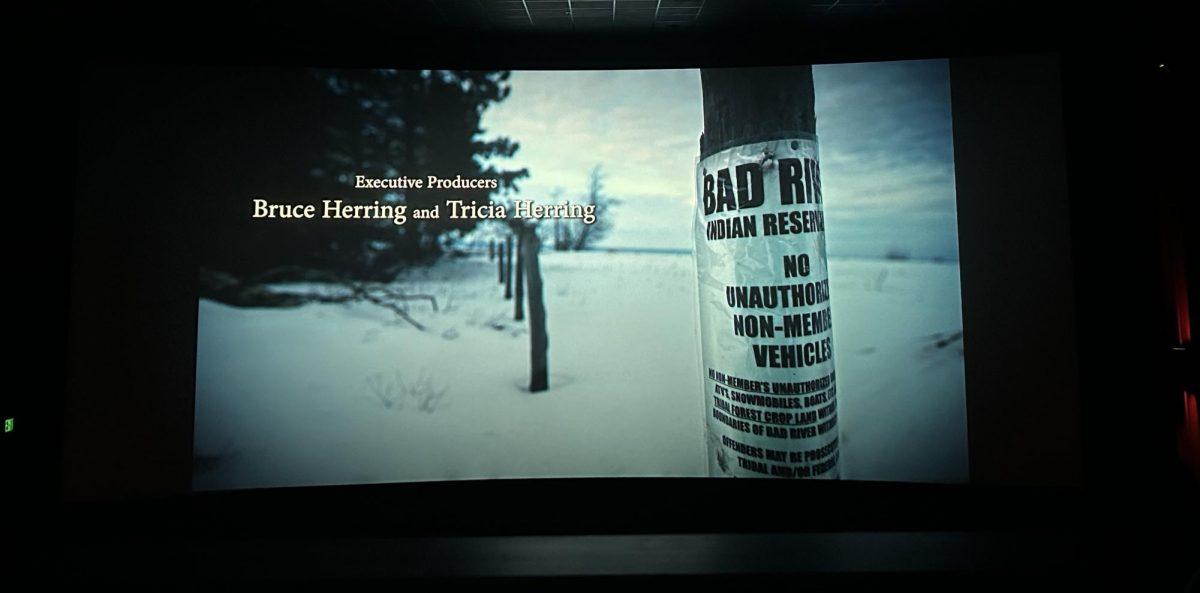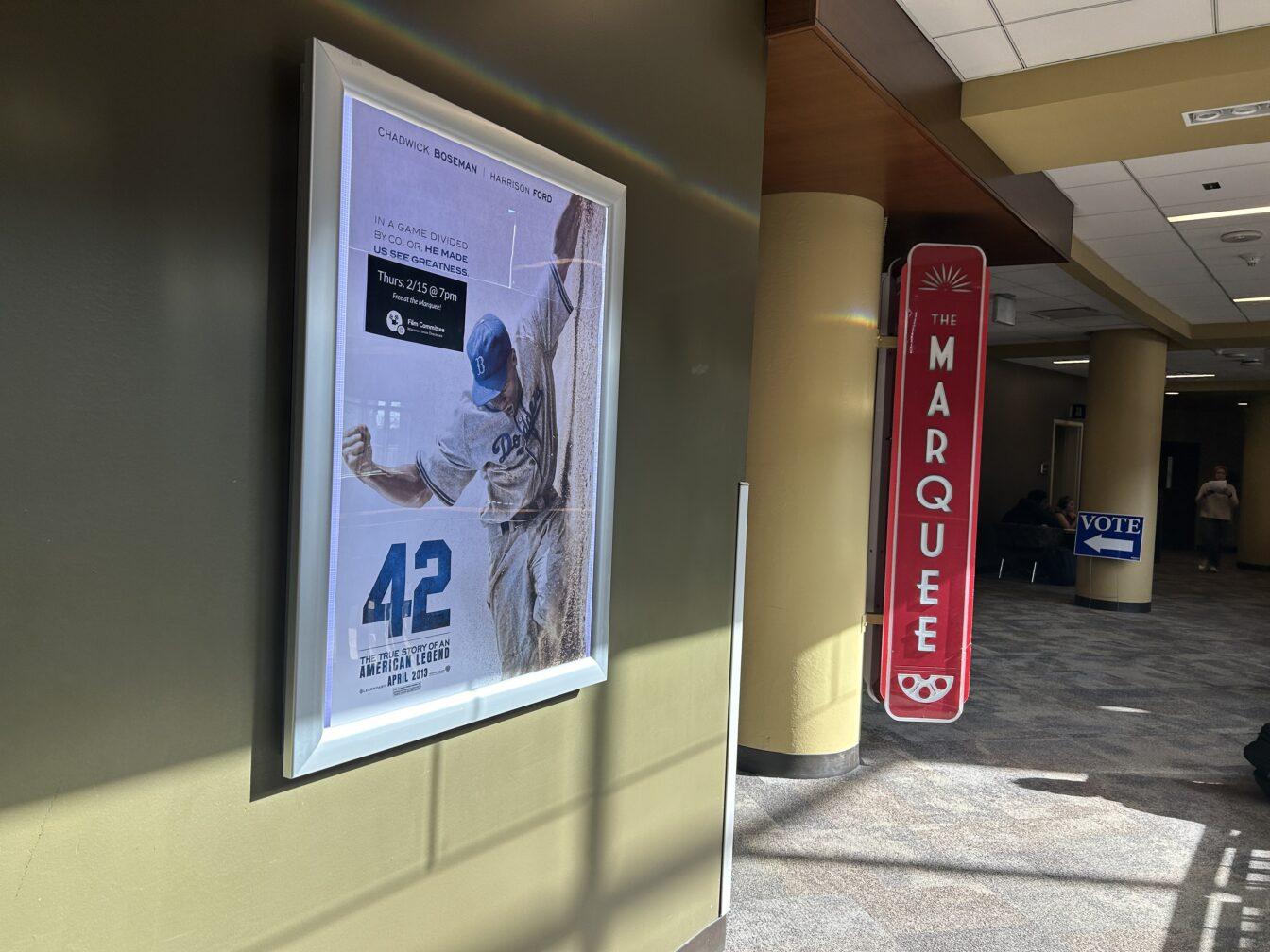
“There’s a thin veneer between the dream and the reality. You wake ’em up and people might ask for their money back.”
These cynical words come from a weary editor who cautions journalist Frank Kemp (Johnny Depp, “Pirates of the Carribean: On Stranger Tides”), from reporting on hard-hitting issues that might shatter illusions of the American Dream among the “vividly average” readership of a mediocre newspaper based in San Juan, Puerto Rico, in 1960.
While this quote is meant to highlight a central theme of Johnny Depp’s new movie based on a Hunter S. Thompson novel, it is also laced with irony, because movie-goers might ask for their money back after seeing “The Rum Diary.”
The film depicts the conflict between the American businessmen like Sanderson (Aaron Eckhart, “Battle: Los Angeles”), who see the island as a real estate opportunity and the native Puerto Ricans, who seem to want nothing to do with the vacation home-owning “gringos” who have taken over their beaches. Sanderson needs Kemp to be the invisible force behind his success by writing stories that will portray his plan in a favorable light.
The two are also linked because Sanderson’s girlfriend, Chenault (Amber Heard, “Drive Angry”), is the sexual object of Kemp’s desire throughout the film.
The film has all the elements of a captivating story – booze-fueled escapades in an exotic setting, eccentric supporting characters and a critique of the American Dream – but “Rum Diary” tries and fails to be too many things. What results is a sub-par film that feels at best like a crappy watered-down version of something you’ve seen before.
This is the second time Depp has starred in a film that pays tribute to the infamous Gonzo journalist, which partially explains why the movie lacks originality. However, unlike “Fear and Loathing in Las Vegas,” Depp does not portray Thompson directly. Instead, he plays Kemp, the main character from Thompson’s novel on which the film is based.
There are many similarities between Kemp and Thompson – both are journalists with a penchant for drinking and shenanigans – but Kemp’s character lacks the dimension needed to carry a hit film. Kemp is not the stereotypically good journalist who just wants to tell the honest to goodness truth, nor is he the charismatic bad boy you secretly root for, a la Frank Lucas in “American Gangster.” He is shy and somewhat pathetic, but not pathetic enough to garner the audience’s sympathy. In other words, Kemp is not a likeable protagonist, but he is also not an unlikeable protagonist. He’s just there.
In addition to having a protagonist who lacks charm, “Rum Diary” cannot decide what it wants to be. Like a badly mixed highball, it is one part critique of American capitalism and imperialism, one part love story and a long dash of alcohol-induced antics.
Although many Hollywood films weave several story lines into one cohesive narrative, this is not the case with “The Rum Diary.” The movie as a whole is disjointed, uninspiring and difficult to watch in its entirety.
2 stars out of 5



















